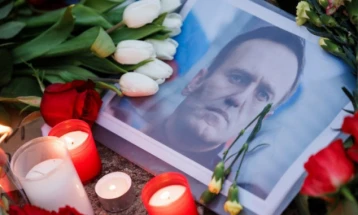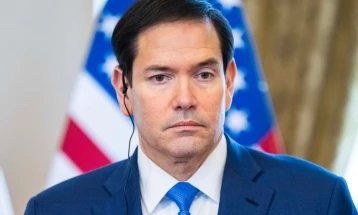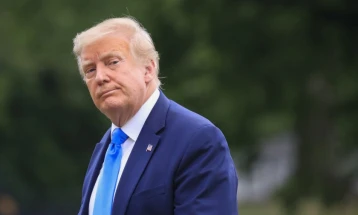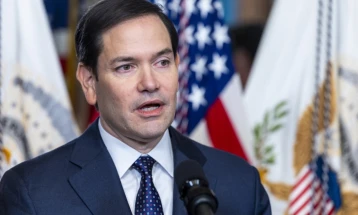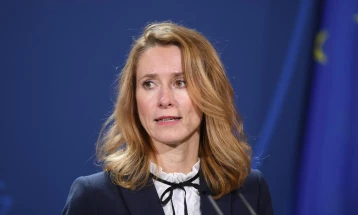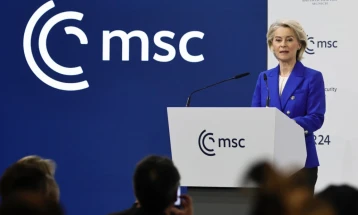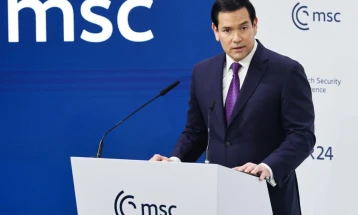Selection of Portuguese parliamentary president fails for third time
- The failure of the third attempt to select Portugal's parliamentary president has revealed deep political rifts in the new parliament, elected on March 10.
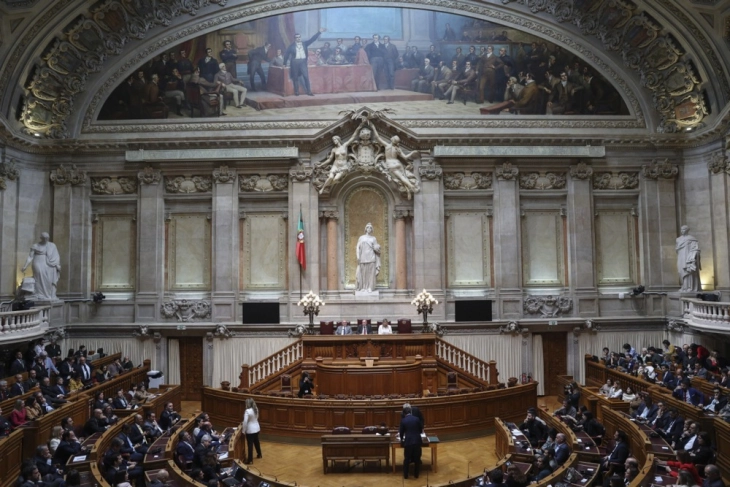
Madrid, 27 March 2024 (dpa/MIA) - The failure of the third attempt to select Portugal's parliamentary president has revealed deep political rifts in the new parliament, elected on March 10.
At the constituent meeting in Lisbon on Tuesday, all candidates missed the required absolute majority of 116 votes in the 230-seat parliament by a wide margin in the third and, for the time being, final round of voting shortly before midnight (0000 GMT).
The MPs are due to meet again on Wednesday to make another attempt, when the parties will be allowed to nominate new candidates.
The first day of the assembly made it clear that the new prime minister of the south-western European country, Luís Montenegro from the conservative Democratic Alliance (AD), is facing a difficult term in office.
His candidate for the office of president of parliament, José Pedro Aguiar-Branco, only came second in the third vote with 88 votes, behind Francisco Assis from the Socialist Party (PS), on 90 votes.
President Marcelo Rebelo de Sousa appointed Montenegro as prime minister last week. His alliance received the most votes in the early election on March 10 and narrowly outperformed the Socialists, who had been in power for eight years, but clearly missed out on a parliamentary majority of its own.
Montenegro plans to present his Cabinet on Thursday. The new government is scheduled to officially take office on April 2.
In the new parliament, the AD has 80 of the 230 seats. The PS lost 42 of its seats and now only has 78 MPs.
André Ventura's far-right populist Chega (Enough), which Montenegro has branded "xenophobic" and "racist," is the party that made the biggest gains in the election, more than quadrupling its seats - from 12 to over 50.
As a coalition between conservatives and socialists is considered out of the question in Portugal and Montenegro has repeatedly denied any cooperation with the populists Chega, governing is likely to be very difficult for the 51-year-old.
If he does not receive a majority in the parliamentary vote on his government programme, fresh elections are likely.
Photo: EPA
